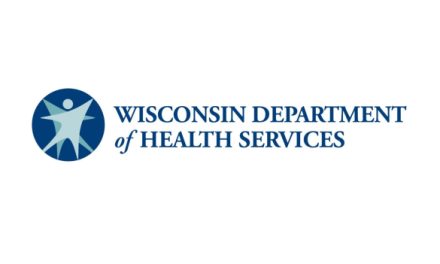
HRSA recognizes critical access hospitals for quality improvement, reporting

A federal health agency on Friday ranked Wisconsin critical access hospitals third in the nation when it comes to quality improvement and reporting.
The Health Resources and Services Administration based the ranking on reporting rates and levels of improvement over the past year for hospitals in its Medicare Beneficiary Quality Improvement Project.
The project works with more than 1,350 small hospitals in 45 states. They report on measures that quantify healthcare processes, outcomes, patient perceptions and improvement efforts.
The project offers incentives for hospitals to voluntarily collect and report data for improvement efforts. It also allows participants to evaluate their data and compare them to similar facilities.
Wisconsin Hospital Association Chief Quality Officer Beth Dibbert said Wisconsin critical access hospitals have been leaders in reporting data. They perform better than state and national scores in areas like patient satisfaction and infection rates, she said.
“The public, transparent reporting of many of the MBQIP measures allow these hospitals to proactively drive quality initiatives that are so important for improving patient safety,” Dibbert said in a statement.
The Wisconsin Office of Rural Health said in a statement that the ranking continues a trend of Wisconsin’s rural hospitals leading the nation in quality improvement measures. Wisconsin was one of 10 states recognized last year by the federal agency.
“We are grateful for the willingness of the critical access hospitals to participate in these reporting initiatives, and of course for the stellar performance and improvement shown consistently in our state,” said Kathryn Miller, the Wisconsin Office of Rural Health’s rural hospitals and clinics program manager.
There are 58 critical access hospitals in the state. Virginia and South Carolina were ranked first and second, respectively.
This article first appeared in the Wisconsin Health News daily email newsletter. Sign up for your free trial here.





